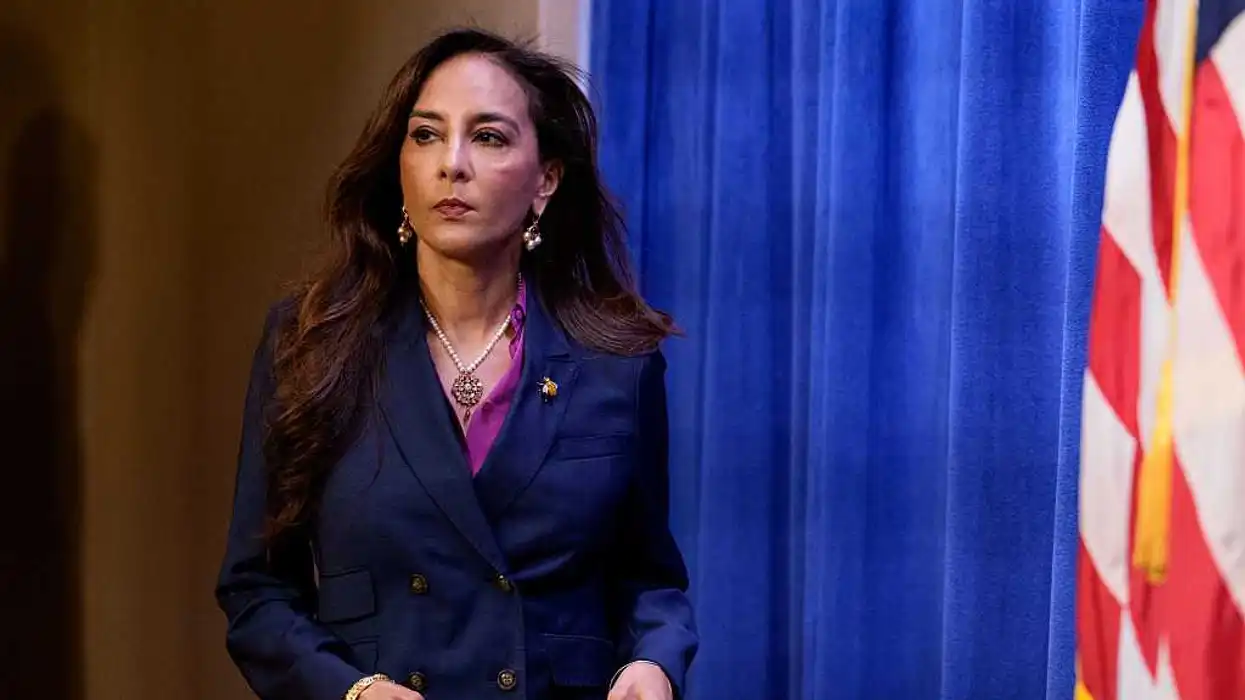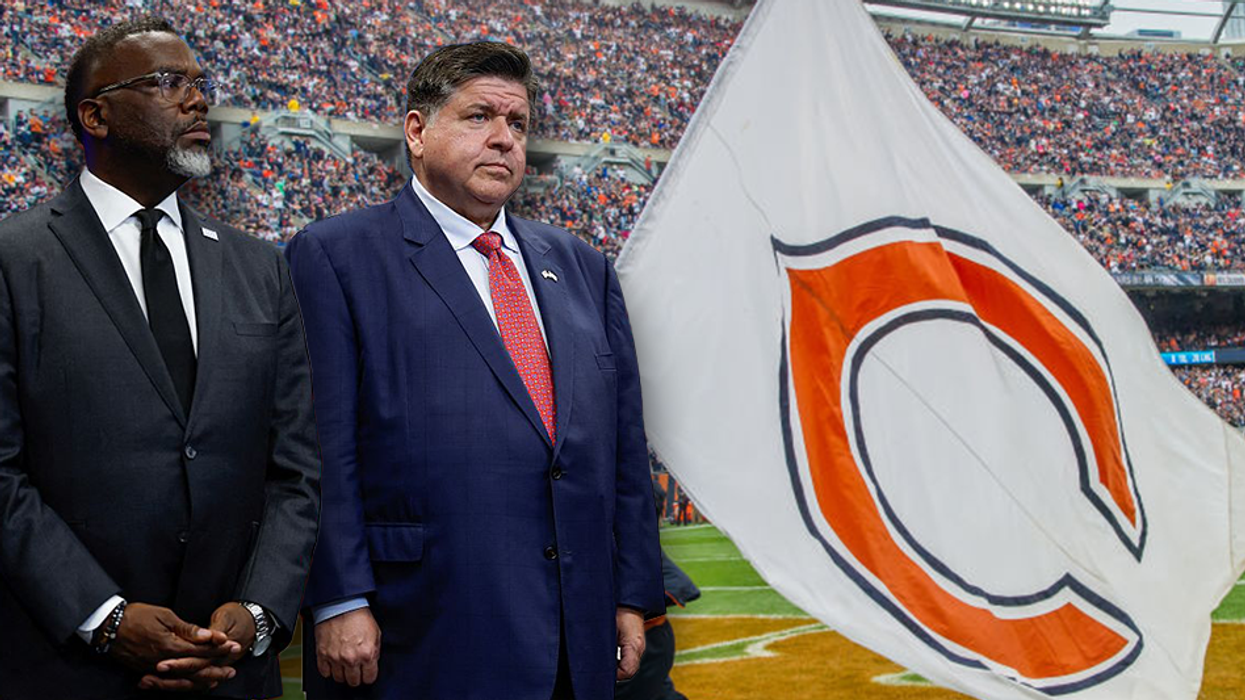
© 2025 Blaze Media LLC. All rights reserved.
Harvard to Ban Members of 'Single-Gender Social Clubs' from Holding Leadership Positions Across the University
May 06, 2016
"The discriminatory membership policies of these organizations have led to the perpetuation of spaces that are rife with power imbalances."
Starting with Harvard University's class 0f 2021, undergraduate members of unrecognized single-gender clubs, like fraternities and sororities, will be barred from holding athletic team captaincies and leadership positions in all recognized college groups.
The decision came from Harvard president Drew G. Faust, who announced the ban after reviewing recommendations from college dean Rakesha Khurana. According to Faust, the new policy was enacted out of necessity.

They will also be blocked from receiving Harvard's endorsement for top fellowships and scholarships, according to the Crimson, the university's student newspaper. But it appears the university's biggest issue is with fraternities, and other male-only organizations, because they have been purportedly linked to an increased risk of sexual assault.
"The discriminatory membership policies of these organizations have led to the perpetuation of spaces that are rife with power imbalances," Khurana wrote. "The most entrenched of these species send an unambiguous message that they are the exclusive preserves of men."
He continued, "In their recruitment practices and through their extensive resources and access to networks of power, these organizations propagate exclusionary values that undermine those of the larger Harvard College community."
According to Faust, fraternities and sororities "play an unmistakable and growing role in student life," which she insists enacts "forms of privilege and exclusion at odds with our deepest values."
The change is not coming without pushback, but Khurana said the decision is a logical step in the university's "long and complex history of grappling with gender discrimination," noting Harvard's tough integration with Radcliffe College, writing, "in every era, change has come slowly and often with fierce opposition."
"[The] unrecognized single-gender social organizations have lagged behind in ways that are untenable in the 21st century," Khurana charged.
The new statute will not affect current undergraduates or the incoming class of 2020, but the policy will have a far-reaching impact on the entire student body, once it is fully enacted. For example, in February 2015, the Cambridge Panhellenic Council's president estimated that 400 women, nearly 6 percent of the current undergraduate population, are involved in Harvard sororities.
A committee of students, faculty and administrators will be responsible for creating an enforcement strategy for the policy. However, it may be difficult to do that, given the fact that many unrecognized social organizations do not disclose their membership.
Faust made it clear that students are free to "decide for themselves" whether or not they want to join a single-gender social group in her defense of the rule.
"Captains of intercollegiate sports teams and leaders of organizations funded, sponsored, or recognized by Harvard College in a very real sense represent the College. They benefit from its resources, they operate under its name," Faust wrote. "Especially as it seeks to break down structural barriers to an effectively inclusive campus, the College is right to ensure that the areas in which it provides resources and endorsement advance and reinforce its values of non-discrimination."
Throughout the entire discussion over the incoming policy, administrators only met with undergraduate leaders of fraternities and sororities one time. According to the Crimson, they have been largely left out of the discussion, and they were not given a deadline to tell Khurana whether or not they have decided to make their clubs co-ed — something he did ask leaders to consider.
Churn said the policy should be formally reviewed after it has been in place three years in order "to assess whether additional steps should be considered and implemented."
It is likely this new restriction will slow down if not totally halt several years of steady growth in the number of students joining Greek clubs.
—
Follow the author of this story on Twitter:
Want to leave a tip?
We answer to you. Help keep our content free of advertisers and big tech censorship by leaving a tip today.
Want to join the conversation?
Already a subscriber?
more stories
Sign up for the Blaze newsletter
By signing up, you agree to our Privacy Policy and Terms of Use, and agree to receive content that may sometimes include advertisements. You may opt out at any time.
Related Content
© 2025 Blaze Media LLC. All rights reserved.
Get the stories that matter most delivered directly to your inbox.
By signing up, you agree to our Privacy Policy and Terms of Use, and agree to receive content that may sometimes include advertisements. You may opt out at any time.






